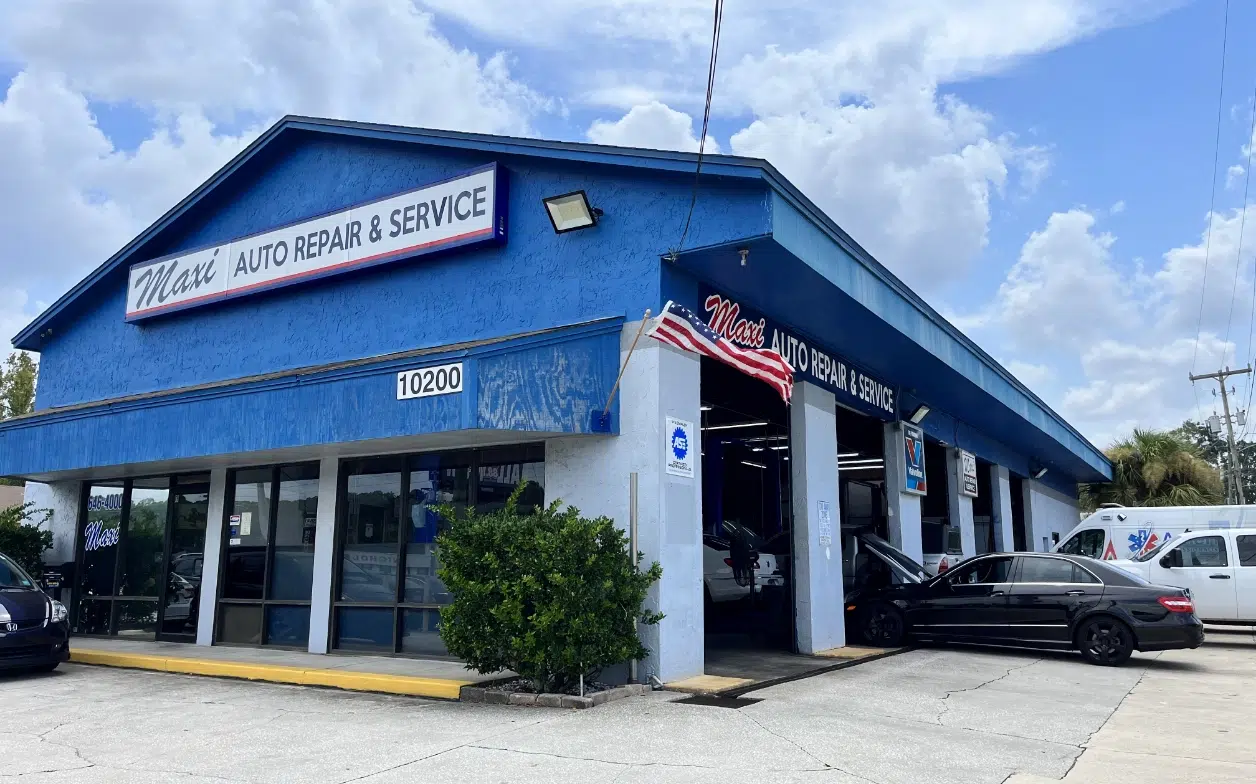All Categories
Featured
Brakes are probably the most important safety function of any type of car. Without dependable brakes, also the most powerful auto can come to be a risk on the road.
- The Relevance of Regular Brake Inspections. Brakes go through continual damage with every usage, whether you're driving at high speeds on the freeway or cruising via city roads. With time, brake pads, rotors, and various other parts wear down, which can influence stopping performance. Without regular inspections, you may not see the steady decrease in efficiency till it's as well late.
Routine brake examinations enable you to capture issues early, ensuring that your brakes remain responsive, trustworthy, and safe. Timely examinations can also conserve you money by resolving small concerns before they become expensive fixings.
- Typical Indicators That Your Brakes Required Focus. While regular brake assessments are necessary, there are some indication you can look out for to know when it's time to set up a check-up:
Squeaking or Grinding Seems: Shrill squeaks or grinding noises when using the brakes are usually indications that your brake pads are worn and need substitute. Resonance or Pulsation: If you feel vibrations in the guiding wheel or the brake pedal, it can show distorted rotors, which might require resurfacing or changing. Soft or Squishy Brake Pedal: If the brake pedal feels abnormally soft or spongy, there might be air in the brake lines or a problem with the master cylinder. Drawing to One Side: If your auto pulls to one side while braking, this can be triggered by unequal brake pad wear or a problem with the brake liquid. Enhanced Quiting Range: If it takes longer to quit than usual, it may indicate that the brake pads are put on, the fluid is low, or the blades are harmed. If you discover any of these symptoms, it's ideal to have your brakes checked quickly.

- Trick Parts Checked Throughout Brake Inspections. During a brake inspection, a service technician will examine a number of important components of the stopping system to make certain whatever is working effectively. Right here are the crucial elements involved:
Brake Pads: The most typical factor for inadequate stopping performance is worn-out brake pads. Checking the density of the pads is a concern throughout every assessment. Brake Rotors: Blades ought to be smooth and devoid of grooves or splits. Any kind of significant damages to the rotors can bring about endangered stopping efficiency and uneven pad wear. Brake Fluid: Reduced or contaminated brake liquid can harm stopping efficiency. The service technician will certainly inspect the liquid levels and quality and replace it if required. Brake Lines and Pipes: Brake lines ought to be free of leakages or splits. Any kind of damages to the lines can lead to loss of brake liquid, leading to brake failing. Brake Calipers: The calipers apply stress to the brake pads. They must be evaluated for signs of wear or leakages to ensure they are operating properly. Frequently examining these elements helps keep your brake system in peak problem, enabling you to stop your car securely and successfully.
- How Commonly Should You Have Your Brakes Checked? The general suggestion is to have your brakes examined at the very least annually or every 12,000 miles, relying on your driving routines. Certain driving conditions might need more regular evaluations:
Heavy Web Traffic: If you typically drive in stop-and-go web traffic, your brake pads will certainly wear down much faster. Hill Driving: Driving on high roads calls for even more frequent stopping, which can cause your brakes to put on quicker. Towing or Hauling Heavy Loads: If you consistently carry hefty lots, your brakes will experience extra stress and anxiety and require more constant assessments. If you observe any one of the caution indicators stated previously, do not wait on the following scheduled evaluation-- have your brakes examined right away.
- The Repercussions of Overlooking Brake Inspections. Overlooking normal brake evaluations can lead to major effects. A stopping working brake system can result in minimized quiting power, which boosts your danger of mishaps.
In the worst case, driving with harmed brakes can lead to finish brake failing, placing you and various other chauffeurs in jeopardy. Normal brake evaluations are a tiny investment that can save your life and prevent expensive fixings.
- Final Thought: Remain Safe with Regimen Brake Inspections. Brakes are not something you intend to take possibilities with. A reputable braking system is important for secure driving, and normal brake assessments are a straightforward way to guarantee that your automobile quits when you require it most. By remaining on top of brake maintenance, looking for advising signs, and having your brakes evaluated at the advised intervals, you'll protect both your car and your safety and security.
Don't wait till your brakes start to fail-- routine regular brake evaluations and keep your automobile in optimum condition for several years to come.
Latest Posts
The Perfect Flooring for every single Home
Fashionable Convenience Begins With the Ground Up
Quick and Hassle-Free Bathroom Upgrades
